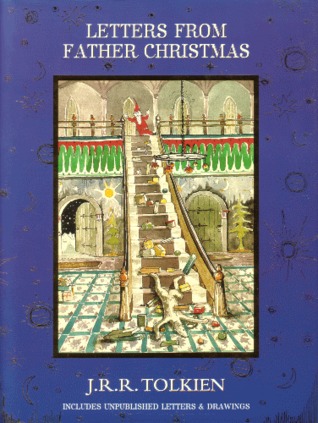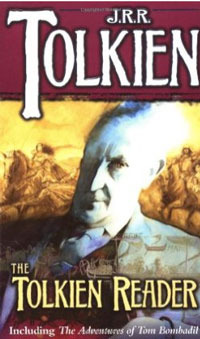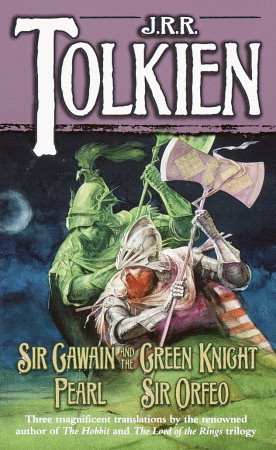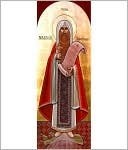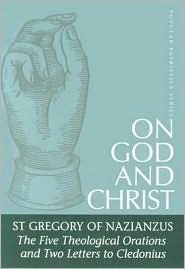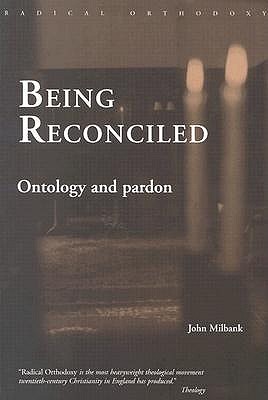David Russell Mosley
St John Chrysostom’s Day 2014
The Edge of Elfland
Hudson, New Hampshire
Dear Friends and Family,
In Lewis’s Perelandra, we get much less of the angelic. Perelandra, or Venus as we know it, is at the point of decision where Tellus before it had failed. Two rational creatures, in the shape––but not in any of the standard hues––of humanity, have evolved from a rather fishier biological background and have been separated. The woman, along with first meeting Ransom who has been sent there to aid the planet ward off the attacks of Satan, meets the tempter. This time, the tempter takes on the body of Dr Weston from Out of the Silent Planet. The book is made up primarily of these three characters: the Perelandrian Eve, Ransom, and the possessed Weston. Ransom and Weston thus battle not only for the Lady’s soul, but, in a way, for the whole planet. There are many interesting facets of this book. It can be read as a kind of suppositional commentary on Genesis 2 and 3. What fascinates me about it, however, is the cosmic level.
Lewis gives us a cosmos where the planets are ruled and governed by angelic beings, as I discussed in my last letter. Yet while Oyarsa was an ever present character, though unseen at first (and then only seen dimly when present), the eldila are unseen and mostly unknown on Perelandra (we later discover that at least the oyarsa of Perelandra is present, but more on that in a moment). What intrigues me is the way Lewis’s cosmos is connected. Too often, both in our real discussions of whether any potentially existent extraterrestrial beings or their depiction in science fiction focuses on the purely localised nature of the Christ event. We either assume that the extra terrestials would be damned by nature, in need of salvation, or at the very least, unaffected by what happened on Earth. Lewis challenges this. In Out of the Silent Planet, we have a world that is populated before humanity’s Fall, but during the angelic rebellion. Malacandra is thus peopled with creatures of varying shapes and sizes. Perelandra, however, gives us human shaped creatures. In fact, Ransom learns from the lady that there will be no more hrossa, no more sorns from here on out all rational creatures will come in the shape of a human. Why? Because Christ became human. While humanity’s fall did not cause the Fall of the entire Cosmos, it affected how the Cosmos would develop.
Earth becomes a step in the Cosmic dance that is tending toward the Beatific Vision. Both its Fall and its Redemption effect the direction of the rest of Cosmos. For a while, I was concerned about this. It seemed almost to make the Cross (and even the Incarnation) merely a reaction. The Oyarsa of Malacandra even tells Ransom that because Adam and Eve fell at this same point of decision, something greater (namely the Incarnation) happened there. Therefore, on Perelandra, what didn’t happen on Earth happened there instead. However, I was wrong to think this a reactionary view. By reactionary, I mean that God was surprised by the Fall and replied with the Incarnation, that is, plan A failed and so now it is time for plan B. Instead, however, Lewis gives us a cosmos where the Fall is not necessary, but is used to play an integral role in the development of the entire cosmos. It is the means by which the Son’s becoming human is, in some ways facilitated, but it is not a reaction, it is an eternal plan. It is necessary for the Son to become incarnate for all rational creatures, all ensouled creatures, are intended for deification, for the beatific vision. Thus, in Lewis’s cosmic vision, this is done on Earth, in part to combat the Fall, but in full to bring about the deification of all hanu (ensouled, rational creatures). It is for this reason, the Lord and Lady of Venus are human shaped yet green. It is for this reason there will be no more creatures like those seen on Malacandra. The Fall may have facilitated a need for incarnation, for we could not have been fittingly redeemed without it (not that we absolutely could not have been redeemed without it, but that is a letter for another day), but it is not the only reason for it. Rather, it’s ultimate purpose is to return the entire Cosmos, that is all of Creation, to God in deification. Christ’s becoming human has shaped the course of history, both tellurian and Cosmic.
In these first two books, Lewis’s Cosmic focus is extraterrestial. When I write about That Hideous Strength, we will see how Lewis takes this Cosmic understanding of the Universe and applies to the life lived on Earth. Until then, I remain,
Sincerely yours,
David


